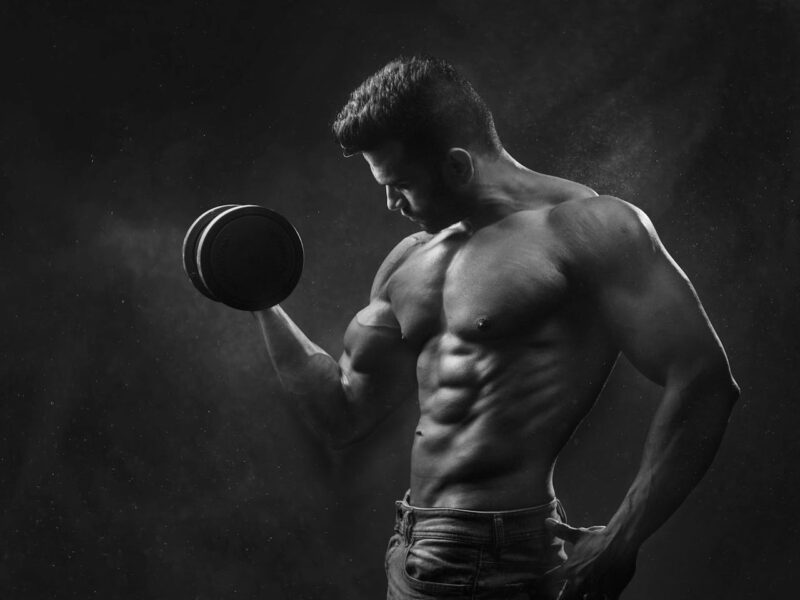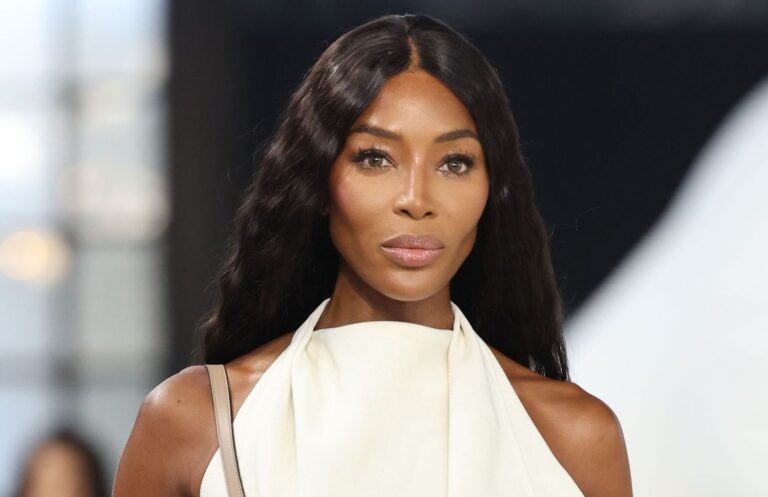Male body image, just like female body image, has always been important. Yet the latest figures stating almost half of all men have body image issues today. This has much to do with social media, whereby pictures, often altered or enhanced, overtake our feeds, showcasing an unrealistic body ideal.
This can lead to low self-esteem, which can result in everything from exercise addictions to eating disorders. Thankfully, help is available. In this handy guide, we delve more into this subject, the resources available, and why happiness in your skin is essential. Read on to learn more.
Body Image and Mental Health

Male body image affects men just as much as it affects women. Globally, 30% and 40% of men are anxious about their weight, and 85% are dissatisfied with their muscularity. Yet it’s more than how you feel when you look in the mirror; body image issues can lead to feelings of low self-esteem, worthlessness, anxiety, and depression.
These feelings have a knock-on effect and filter into other areas of life, including work and personal relationships, work achievements, promotions, and socializing. Feeling self-conscious makes it easy to become withdrawn from everyday life. This can lead to isolation.
Eating Disorders and Dieting

If you’re unhappy with your body, it’s not uncommon to try dieting. With so many diets and dieting trends on the go, it can be easy to become addicted to losing weight. What works for one person won’t necessarily work for another, and feeling hungry all the time can make you feel agitated and miserable. It can also mean you stop going to events you love for fear of being surrounded by high-carb food and drinks.
Rigid diets and yo-yo dieting aren’t sustainable and can lead to nutritional deficiencies, which can cause restrictions to entire food groups. If you take dieting too far, it can lead to depletion of essential B-group vitamins and, in the worst case, eating disorders, which cause issues such as body dysmorphia, bone density loss, a slower metabolism, disease, and mental health issues.
To lose weight healthily, you must speak to a nutritionist or dietician. They can draw up a plan of action which benefits you and your body. In addition, a healthy diet that promises results will help you to find joy in food.
Why Do Men Suffer From Body Image Issues?

We live in a world where the cultural ideal of men is strong, toned, and muscle heavy. Social media, advertisements, and sports personalities all boast flyers of steel and enviable six-packs. However, not many are born like this and work hard to keep their bodies in perfect condition.
On top of this, ads and imagery on social media are often retouched and staged in perfect lighting, and the individuals in the shot are told how to pose. Yet these details aren’t relayed in the ad, which makes us think a perfectly toned body is normal.
Because of this, modern-day men now spend painful hours in gyms pumping weights. The aim is to bulk up their muscles. Now more than ever, many are showing signs of muscle dysmorphia. This has been nicknamed ‘bigorexia,’ a little like the opposite of anorexia. In some cases, men are starting to feel pressured to use steroids, which lessen testosterone levels, heighten anger levels, and boost the chance of a heart attack.
In addition, overexercising can heighten your risk of physical injury. Too much exercise can cause trauma, tendon injuries, stiffness, strain on your joint inflammation, and torn muscle fibers.
The recommended guidelines state 150 to 300 minutes (about 10 hours) of exercise over five to seven days per week. This approach will help you maintain a healthy weight and avoid injury.
Getting Help

If you’re struggling with your body image, seek the correct help. It’s important to remember that you’re not alone, and dieticians, exercise physiologists, and GPs can all prescribe wraparound care for body image issues.
Specialists can help you lessen your ‘safety behaviors.’ These include repeatedly checking the mirror and weighing yourself. They aim to help you value your body for its function and embrace self-critical self-talk.
You shouldn’t be basing your self-worth on your biceps or waist size. In addition, they’ll encourage you to stop following certain pages and threads on social media.
Natural Ways to Improve Male Body Image
Improving body image doesn’t always require drastic measures or professional intervention. Small, natural steps can make a significant difference. Start by practicing self-acceptance. Remind yourself that bodies come in all shapes and sizes, and no single ideal defines health or attractiveness.
Focus on building a balanced relationship with food. Instead of restrictive dieting, aim to eat a variety of nutritious foods that provide energy and satisfaction. Regular, enjoyable physical activity can also help. Exercise not only improves physical health but boosts mood and self-esteem. Choose activities you genuinely enjoy rather than forcing yourself into routines that feel punishing.
Limiting exposure to unrealistic portrayals on social media can also reduce comparison. Unfollow accounts that trigger negative feelings and seek content that promotes body positivity. Finally, talk openly about your feelings with trusted friends or professionals. Sharing your experiences can lighten the burden and help you feel less alone.
The Bottom Line
Poor body image can lead to men embracing harmful synthetic anabolic steroids, image and performance-enhancing drugs, and developing eating disorders. On top of this, exercise addiction is becoming a problem within our generation, as well as consuming an unhealthy amount of protein. All of these factors can have health repercussions.
Thankfully, there are healthy ways to lose weight and more mindful ways to embrace the skin that you’re in. We only have one body; taking care of it is essential.
Those struggling with body image shouldn’t be afraid to ask for help. They should also note that what we see on social media and in advertisements isn’t always an accurate representation of real life.








